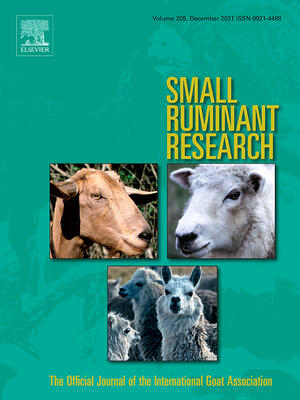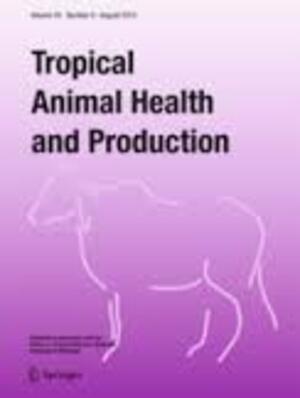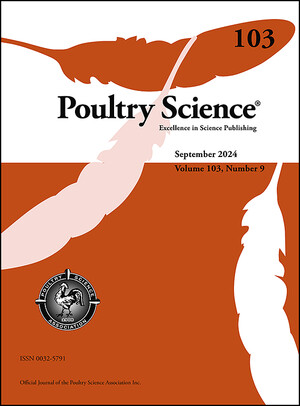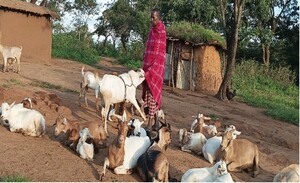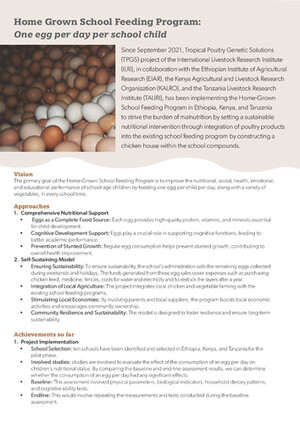
The impact of modelling and pooled data on the accuracy of genomic prediction in small holder dairy data
Abstract
The lack of data recording in smallholder dairy cattle system implies that the availability of molecular data could offer some quick wins in terms of using the genomic information in genomic evaluation and therefore genomic selection (GS). Initial studies have reported low to medium accuracy of genomic prediction when the size of data is limited. The African dairy genetic gains (ADGG) project is generating more data across two countries in East Africa and would offer more opportunity to further examine the application of GS. In anticipation of having more data in future, this paper examined the impact of fitting GBLUP models with dominance effects, a multi-trait GBLUP that fits exotic breed and non-exotic breed proportion as different traits and the analysis of pooled data from Kenya and Tanzania on the accuracy of genomic predictions. In addition, it examines if chromosome regions with highest contributions to top GEBV cows with high exotic and high indigenous genes are different. The estimates of dominance variance were essentially zero, possibly due to the limited data set, and therefore the model with dominance effect resulted in no increase of genomic accuracy compared to a model with only additive effects. The fitting of the proportion of exotic and non-exotic genes as different traits resulted in slightly lower accuracies of cows with more than 35% exotic genes but almost doubled the accuracy of those with < 36% exotic genes. However, the model resulted in an increase in the predictive ability of the models with regressions tending toward unity and a reduction in prediction bias. The pooled data resulted in increased accuracy for the Tanzania data set but not for Kenya, mostly due to different breeds being involved in the crossbreeding and the genetic kinships between both populations was very weak. The chromosome regions with largest contributions to the top GEBV cows with high exotic genes were different from those with high levels of indigenous breed, indicating the need for a proper and well planned GWAS study.
Citation
Mrode, R., Aliloo, H., Strucken, E.M., Coffey, M., Ojango, J., Mujibi, D., Gibson, J.P. and Okeyo, M. 2018. The impact of modelling and pooled data on the accuracy of genomic prediction in small holder dairy data. IN: Proceedings of the World Congress on Genetics Applied to Livestock Production, Volume Electronic Poster Session - Methods and Tools - Prediction 2: 615





